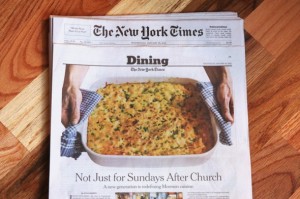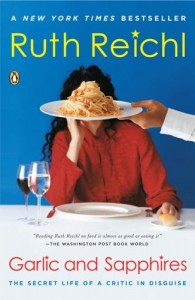Memoir Reading Book Review- Let Me Hear Your Voice
Riding a carousel is fun, the first few loops around. As you spin and spin, reliving the same scenery as you whirl around a rotating center, the journey loses a little bit of its charm. The journey of Catherine Maurice and her two autistic children in Let Me Hear Your Voice felt a bit like this carnival ride. What was amazing, thrilling, and enjoyable at the start became monotonous and predictable as it dragged on.
It can be so hard to be honest with subjects that we find painful. Catherine Maurice did an admirable job of describing her journey through speculation, denial, acceptance, resolution, and triumph. Her candid descriptions revealed the kind of dedication that every child deserves in a mother. Her children are lucky that they have this beautiful record of their childhoods and triumph over disability told from her loving perspective. The reader could sympathetically sense Maurice’s pain as she held little Anne Marie on her lap, coercing eye contact with her rhythmic, repetitive “look at me.” We became a cheering section. Because we took that journey with her, the reader felt an equal sense of satisfaction and jubilation as Anne Marie made strides towards “normalcy” including social interaction and communication.
It seemed incredulous as Catherine began to hint that Michel was exhibiting signs of autism. We as readers trusted her perceptions, having “earned her stripes” through the trials and tribulations she faced during Anne Marie’s diagnosis and treatment, but couldn’t imagine that lightning could strike twice in this family. When Michel’s eventual diagnosis did occur, it could be reasonably expected that with the expert help of Bridget and Robin to support Catherine’s dedicated reinforcement, Michel too would improve. This part of the story felt redundant, and painted the family a bit too much as miracle workers than the average parent. Perhaps the story would have been more salient if it had left off at Michel’s diagnosis and the reader was allowed to fill in the blanks. Since there were no major differences in treatment, I combed the last 50-100 pages of the text looking for something new. Beyond Michel’s initial violent resistance, I found nothing.
In writing, as in life, sometimes it is best to stop while you’re ahead. Let Me Hear Your Voice was an exquisitely written journal that is surely part of the canon for families, doctors, and teachers who work with autistic children. I only wish Maurice would have displayed more trust in her readers, allowing us off the carousel before we became disinterested.








